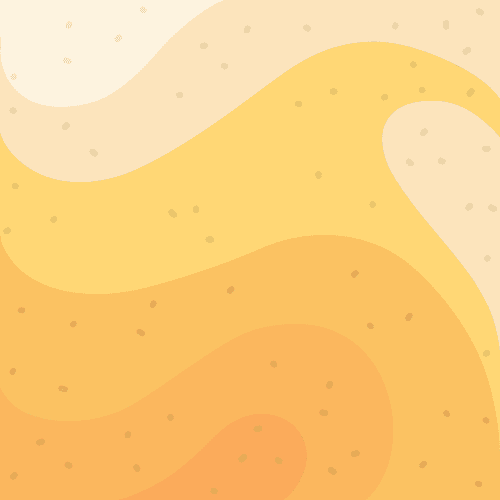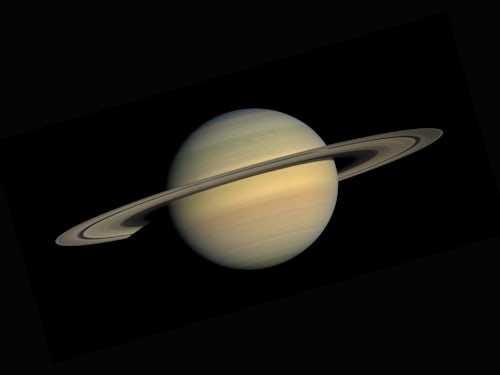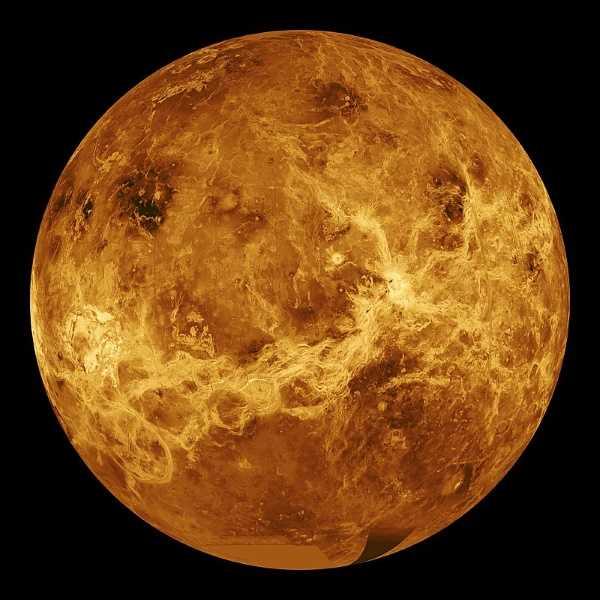Naming parameters
These days, the International Astronomical Union (IAU) has more creative rules for naming new planets.
Broadly, planetary names mirror the identity of the planet: The features of Venus are named after women. The parts of the Martian moon Deimos get their names from authors who wrote about Mars. Some of the naming schemes are playful: Craters on the asteroid Gaspra are named after spas of the world.
57
345 reads
CURATED FROM
IDEAS CURATED BY
The idea is part of this collection:
Learn more about personaldevelopment with this collection
How to focus on the present moment
How to improve relationships through mindful communication
How to reduce stress and anxiety through mindfulness
Related collections
Similar ideas to Naming parameters
Where the names of the planets came from
Sumerian astronomers named the sun, moon, Mercury, Venus, Mars, Jupiter and Saturn after their gods. Ancient China named planets after things of nature, like water, fire, or wood. The English names for planets came from the Romans, who named them after their gods and goddesses.
More distan...
The discovery and naming of asteroids
- In 1801, Giuseppe Piazzi discovered the first and largest asteroid, Ceres, orbiting between Mars and Jupiter (Today it is classified as both an asteroid and a dwarf planet)
- In 1802, William...
Venus
Venus is the second planet from the Sun and our closest planetary neighbor.
Similar in structure and size to Earth, Venus spins slowly in the opposite direction from most planets.
Its thick atmosphere traps heat in a runaway greenhouse effect, making it the hottest planet in our sol...
Read & Learn
20x Faster
without
deepstash
with
deepstash
with
deepstash
Personalized microlearning
—
100+ Learning Journeys
—
Access to 200,000+ ideas
—
Access to the mobile app
—
Unlimited idea saving
—
—
Unlimited history
—
—
Unlimited listening to ideas
—
—
Downloading & offline access
—
—
Supercharge your mind with one idea per day
Enter your email and spend 1 minute every day to learn something new.
I agree to receive email updates



